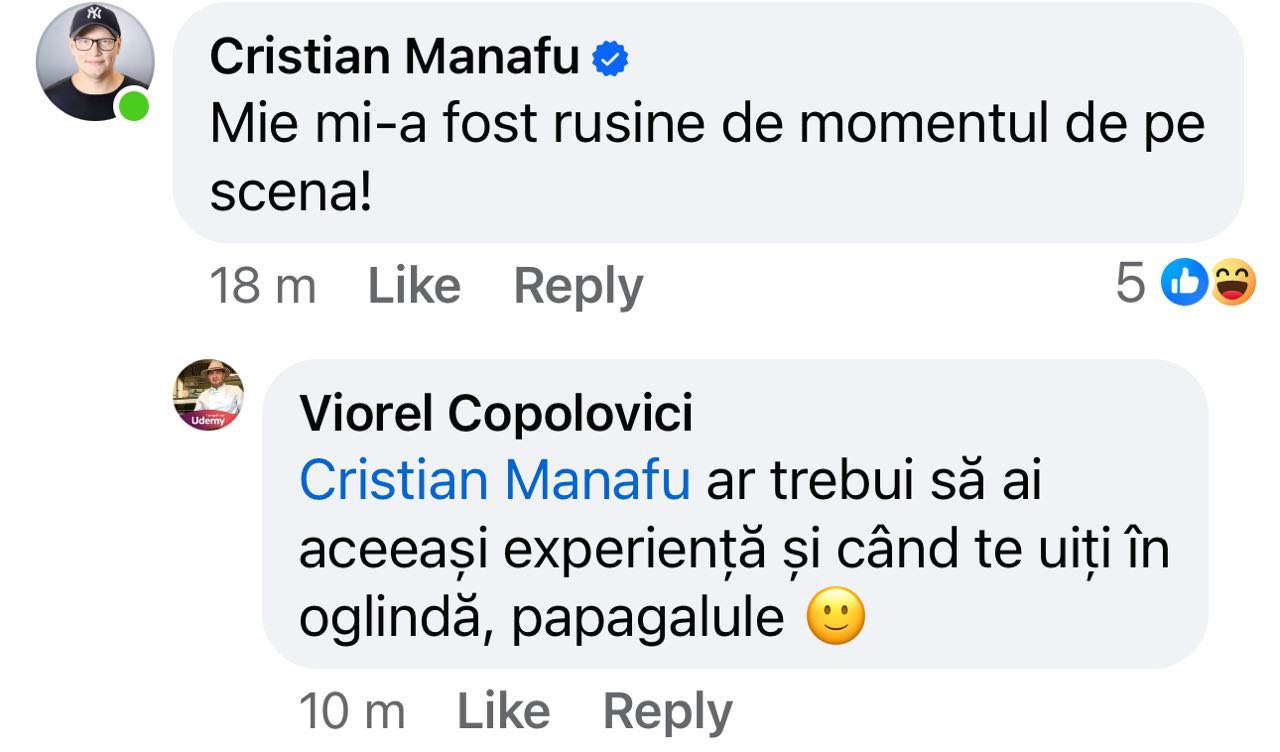Romanian partners of the Together Against Antigypsyism Online (TAAO) project have reported a surge of online hate speech following a concert by British band Coldplay in Bucharest in June 2024. The incident occurred when Coldplay, known for promoting inclusivity and cultural diversity during their European tour, invited young Roma singer Babasha to perform on stage.

Babasha, a rising talent known for his work in the manele genre a musical style often associated with Roma culture faced immediate backlash. As he began to sing, sections of the 50,000-person audience booed loudly, creating a hostile and humiliating atmosphere that ultimately forced him to leave the stage in darkness. What was intended as a moment of representation and celebration turned into a public act of rejection.
Cultural Intolerance Dressed as Musical Taste
In the aftermath, social media platforms in Romania were flooded with comments, many of which masked racial prejudice as musical criticism. While some claimed the reaction was simply due to a distaste for manele, numerous public figures, activists, and Roma rights organizations saw the event as a blatant expression of anti-Roma sentiment.
The TAAO project’s Romanian civil society partners documented the wave of hate speech that followed Babasha’s performance. Online posts included slurs, stereotypes, and comments that ridiculed or dehumanized both the artist and Roma people more broadly. The rhetoric was alarmingly similar to patterns of online antigypsyism already identified in TAAO’s ongoing monitoring efforts.
Sociologist Gelu Duminică publicly condemned the crowd’s behavior, noting that “what happened wasn’t about music it was about deeply rooted racism and the unwillingness to accept Roma culture in mainstream public life.” Babasha himself later shared that although he had expected resistance, he never anticipated the violence of the audience’s response.
Roma Voices Still Unwelcome in the Spotlight
This incident served as a painful reminder of the precarious position of Roma artists in Eastern Europe. The public humiliation of a young Roma performer on a global stage not only discouraged other aspiring Roma talents but also highlighted the urgent need for cultural institutions, event organizers, and the public to engage in critical conversations about racism, representation, and respect.
The TAAO project, coordinated by ERGO Network, works across multiple EU countries including Romania, Slovakia, Bulgaria, Hungary, and the Czech Republic to identify, report, and respond to antigypsyism in digital spaces. The Babasha case is now part of TAAO's documentation of online hate in Romania and will inform both advocacy efforts and institutional pressure on platforms and policymakers.
A Call for Cultural Accountability
If inclusion is to be more than a slogan, it must extend to the most visible spaces concert halls, stadiums, media, and online platforms. The Coldplay–Babasha incident illustrates how fragile that inclusivity remains, and how quickly it can unravel in the face of deeply held prejudice.
Projects like TAAO play a critical role in naming, archiving, and challenging such public outbursts of hate not just for the sake of Roma communities, but for the health of European democracies as a whole.







